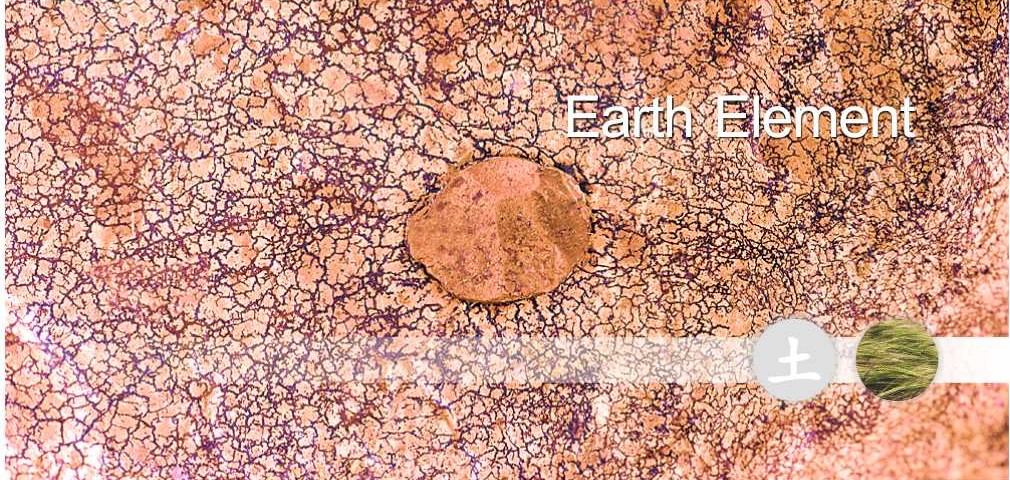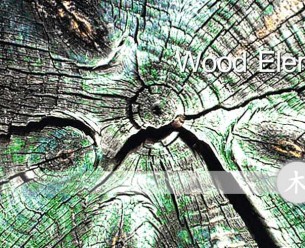Sweet Nothing Book Review
I enjoyed this book – it was informative and convincing, but to be honest I found Ms. Mowbray a bit annoying – she spends a lot of time ‘brand’ dropping and telling you about her fabulous life in the ‘oh so posh’ parts of London. It isn’t particularly well written, but despite this it is worth a read.
The book is a combination of biography – with Nicole telling her sugar-free story and a good straight forward explanation of the problem with sugar.
She begins by enlightening us on just how much sugar we are actually eating. According to the NHS, Britons consume an average of 25 teaspoons a day!1 Seems a lot, right? Mowbray goes on to explain that this is because much of the sugar we consume is ‘hidden’ – often in low-fat or even ‘healthy’ foods, like granola, fruit and sushi.
She is very good at specific examples telling us that a small pot of Rachel’s organic low-fat rhubarb yogurt has 4 ½ teaspoons of sugar, a can of SlimFast has 5 ½2 and a 330ml glass of Tropicana has a whopping 7 teaspoons3 – almost as much as a can of coke. The premise is that we are misinformed about the amount of sugar in the products we eat, and we also tend to eat the same things on a regular basis which exacerbates our poor choices.
So what’s wrong with sugar? Obviously it makes you gain weight and the huge increase in sugar in our diets in recent years has mirrored the rise in obesity (a link that has even been made it to the World Health Organisation4) but sugar also has other consequences for our health. It is harmful to the liver, in fact, we are told that high sugar diets ’cause similar damage to that done by heavy drinking’.5 It is also linked to sleep problems, premature ageing and can lead to insulin resistance, diabetes and a whole host of conditions linked to diabetes, including increased risk of cancer6
More generally we are told it can just make us feel a bit crap. Mowbray claims that sugar is actually “an ‘anti-nutrient’ as it gives nothing and leaches out vitamins and minerals from the body” 7
In the book nutritionist Ian Marber explains that when we consume sugar it is released into the blood stream. “The body wants to protect itself against too much sugar in the blood, so the pancreas produces the hormone insulin.” Insulin “tells the body’s cells to open up to store the glucose”8 This first stage is what gives us the energy surge that accompanies high sugar snacks. However, if there is still too much sugar around, insulin stores as much as it can as glycogen in the muscles and converts the rest to fat. The significant thing is that the insulin response is supposed to be a protective one. Insulin aims to “mop everything up as quickly as possible” 9 but all too often in our high sugar world this speedy response actually leads to great consumption. We eat sugar and the resultant insulin spike gives us a boost and makes us feel happier but an hour later our blood sugar has crashed, and we are hungry, “panicky and wired” 10 The obvious response is to have more sugar. A biological system that is supposed to capitalise on the rare instances that we eat sugar becomes overused and gradually the body starts to ignore insulin. At this stage glucose levels in the blood begin to rise and eventually this leads to diabetes.11
Symptoms of insulin resistance include: “brain fogginess, intestinal bloating, sleepiness, especially after meals, weight gain, fat storage, difficulty losing weight, increased blood pressure, high cholesterol and depression” 12 [among others…]
Blood sugar balance can also affect your mood apparently contributing to anxiety and depression and making it harder for your body to cope with stress13 Unfortunately, due to the hormonal response to stress in the body we also tend to crave sugar after a stressful experience14…
Mowbray argues that we can extricate ourselves from this mess by weaning ourselves off sugar. Although she is careful to insist that there is no current evidence proving that sugar is addictive, she warns many people do experience withdrawal symptoms and cravings, but that these gradually reduce with time. Apparently most people feel rubbish for about 3 – 4 days.15
Chinese Medicine
So what do you have to do? Mowbray went cold turkey when she gave up sugar, and she suggests this might not be appropriate for everybody. In Chinese Medicine the advice is always to make dietary changes gradually, but eventually you want to end up in a position where you cut out:
All added sugar including honey, agave syrup, maple syrup and the like Cordial and fizzy drinks. All processed foods, including sauces, dressings, stock cubes and jars of things Sugar cured fish such as gravadlax Cakes, biscuits, sweets, chocolate, puddings.
All artificial sweeteners (one long-term study of 3682 people showed a 47% higher increase in BMI in those people who drank artificially sweeten drinks compared to those who didn’t.16)
Alcohol
Any ‘low fat’ food
Simple carbohydrates (High GI) such as potatoes, bread, white rice, pasta, crisps
Dried fruit
Fruit juices
Most fresh fruit – eat very sparingly – dark berries are the best option17
In general be careful to check labels to see when sugar has been added. Watch out especially for High-fructose corn syrup (HFCS). Here’s what Nicole has to say about that: “It’s a cheap, highly processed man-made type of sugar that’s been combined with corn syrup to form a sweeter that is easy to mix into things – fruit juices, salad dressings, baked goods. It’s quickly adsorbed by the liver, which turns it immediately to fat. And as another horrible little aside, as it’s man-made, your body doesn’t recognise HFCS as real food, so it never shuts off the part of your brain that controls huger cravings. You’ll just carry on eating more and more and more” 18. Definitely one to avoid…
A handy tip I learnt from the book, regarding label checking is this one: whatever the sugar content is in grams, divide it by four and that gives you a rough estimate of the number of teaspoons, this feels like a much easier way of visualising the real amount of sugar.
In Chinese Medicine refined sugar in particular is said to damage the Stomach and Spleen Qi and subsequently causes Damp. Those afflicted with Damp will initially feel tired, stagnant and sluggish, and may feel heavy and foggy. Damp also causes weight gain, excessive mucous, watery accumulations such a oedema and yeast infections such as candida. Eventually Damp can ‘condense’ to Phlegm which manifests in conditions such as cysts, tumour or mental illness.
Chinese Medicine does not on the whole suggest the removal of fruit from the diet, but it does consider some fruits in particular to be Damp forming: pineapples, mangoes and bananas for example. It seems to me no coincidence that these fruits are tropical, as food that is health
giving in one climate may not be so well tolerated in another area that has different environmental conditions.
As I said, I did find this book helpful and would urge you to read it – even if you don’t decide to cut out sugar altogether – it is still useful to take an honest look and see just how much of the stuff you are actually eating…
1 Page 13
2 Page 13
3 Page 62
4 Page 15
5 Page 42
6 Page 42
7 Page 114
8 Page 52
9 Page 53
10 Page 108
11 Page 77
12 Page 78
13 Page 81
14 Page 229
15 Page 77
16 Page 160
17 Page 57-64
18 Page 65



